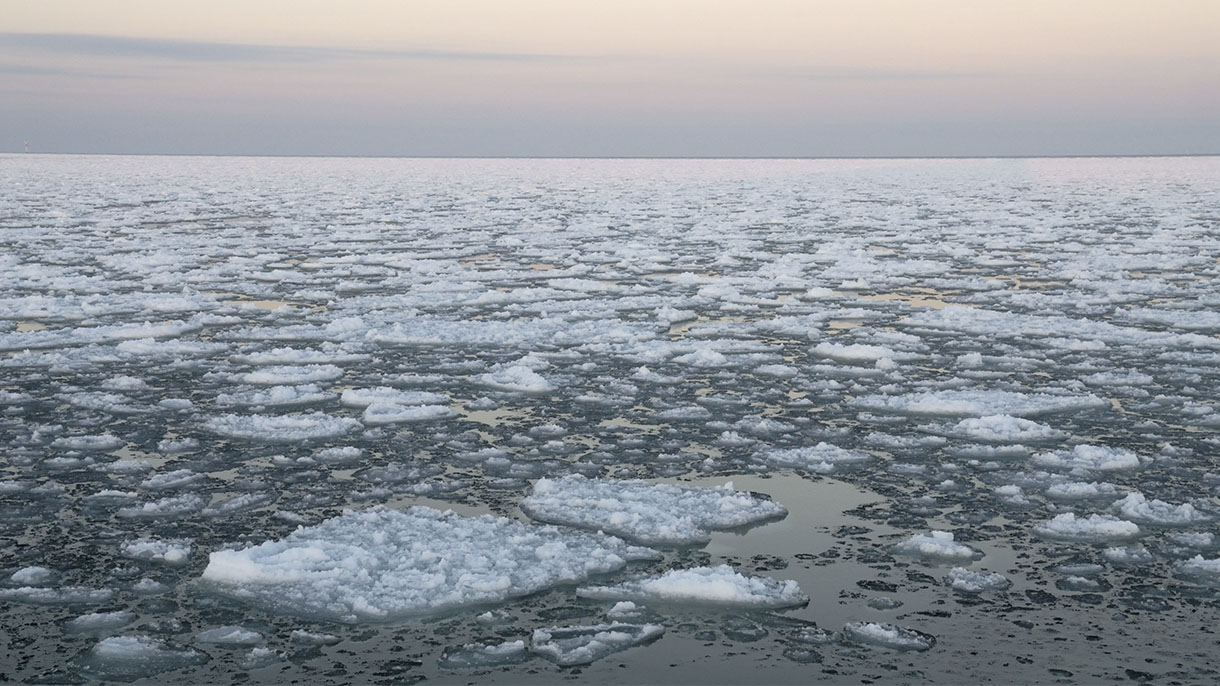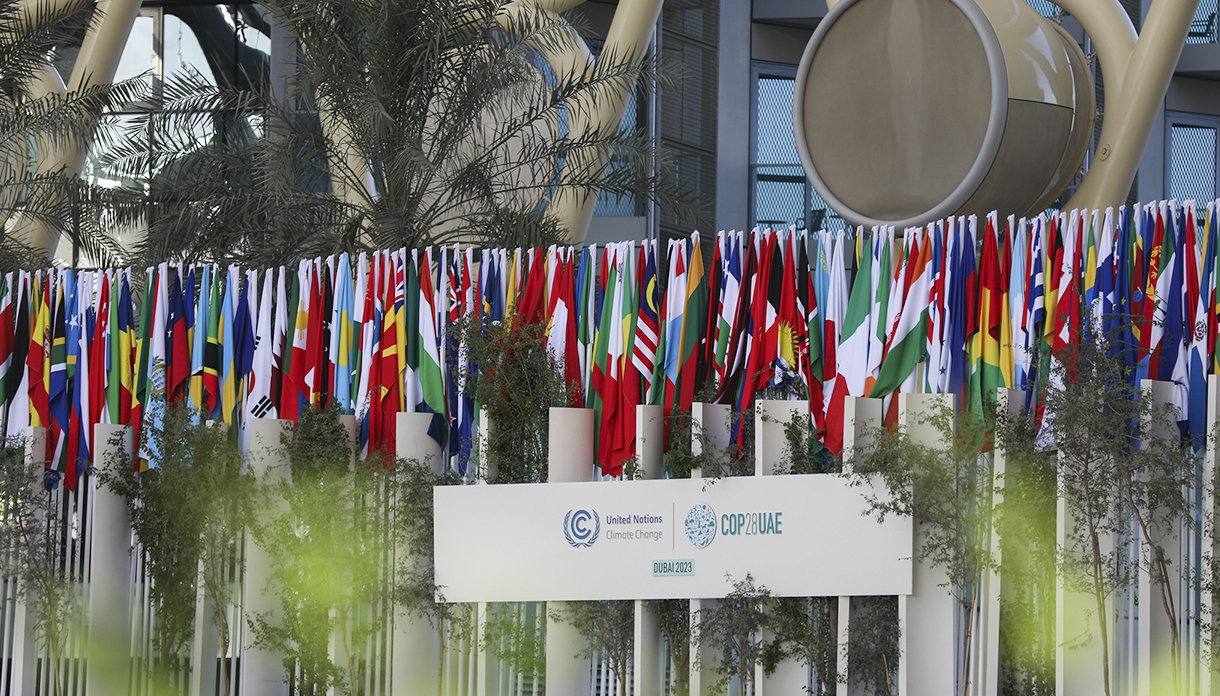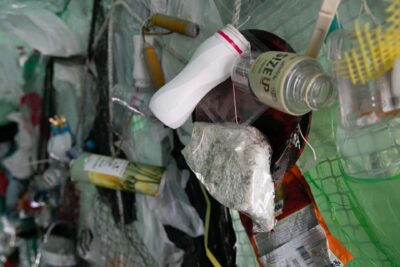COP28: Why is climate action vital for the ocean?

2023 was a year of climate records and extreme weather, according to a World Meteorological Organization (WMO) report published to inform the COP28 climate negotiations. While the climate is getting warmer, the ocean is also experiencing high temperatures which threatens marine ecosystems.
Approaching the end of the record-breaking warm year, the COP28 climate conference takes place in Dubai, United Arab Emirates, from November 30 to December 12. The negotiations serve as an opportunity for the international community to change the course and acutely reduce emissions to sustain a habitable planet.
“If we do not signal the terminal decline of the fossil fuel era as we know it, we welcome our own terminal decline. And we choose to pay with people’s lives”, highlighted the UN Climate Change Executive Secretary Simon Stiell in his speech at the opening of COP28.
The conference is attended by the Parties to the UNFCCC (United Nations Framework Convention on Climate Change) established in 1992, as well as many experts and stakeholders. COP28 will assess the progress that has taken place since the legally binding Paris Agreement adopted in 2015.

The ocean at risk
The life on Earth relies on the ocean. The marine flora produces half of the world’s oxygen and the ocean itself regulates climate. The ocean absorbs carbon dioxide making it an important buffer against climate change. While the ocean has helped regulate global warming, the absorbed carbon dioxide has caused seawater to become increasingly acidified. Less oxygen also dissolves in the warmer waters, while more oxygen is consumed by sea’s biological processes. Low-oxygen areas, aka “dead zones”, are becoming more common around the globe, especially in coastal waters.
The melting of continental ice makes sea levels rise and affects ocean currents and the entire water cycle on Earth, yet we cannot predict all the consequences. Many low-lying small island states and territories are exceptionally vulnerable to sea level rise resulting from climate change. Extreme weather conditions such as cyclones also pose a great threat.
Not only does global warming have major effects on marine environments, but it also has disproportionate socioeconomic and cultural effects on communities reliant on and tied to the ocean and its resources. Coastal communities and small island developing states (SIDS) notably often rely on fish and overall marine resources for their livelihood and food security.
The Baltic Sea and COP28
The Baltic Sea faces similar challenges to the ocean globally – sometimes even quicker, as the Baltic Sea reacts to climate change fast due to its small size and shallowness. Eutrophication is the most severe problem in the Baltic Sea, and climate change is expected to further increase eutrophication. Due to warmer temperatures the ice cover of the Baltic Sea decreases and mild winters with increased rainfalls accelerate nutrient runoff from land to sea. However, eutrophication is not unique to the Baltic Sea, but it is a global problem in various coastal waters. In terms of waters getting warmer, effects are felt all around the world, albeit varyingly depending on local conditions.
“Global warming warms sea areas, which forces species to move to more northern waters. Food chains are also being disrupted. The basis of marine food chains is phytoplankton, the amount of which decreases in the world’s oceans by one percent every year. Warmer waters in the ocean also threaten, for instance, the coral reefs: Great Barrier Reef in the Pacific is the size of Finland in terms of surface area, but half of it has already been lost over the last 30 years”, says Miina Mäki, a senior specialist on marine environment at John Nurminen Foundation.
When important habitats such as coral reefs and seagrass meadows shrink, the species dependent on them, like numerous fish, also disappear.
Ocean acidification, dead zones, and warming waters have severe consequences on marine life and significant indirect effects on people most reliant on the ocean. As the COP28 conference gathers, powerful action is needed to tackle climate change.


